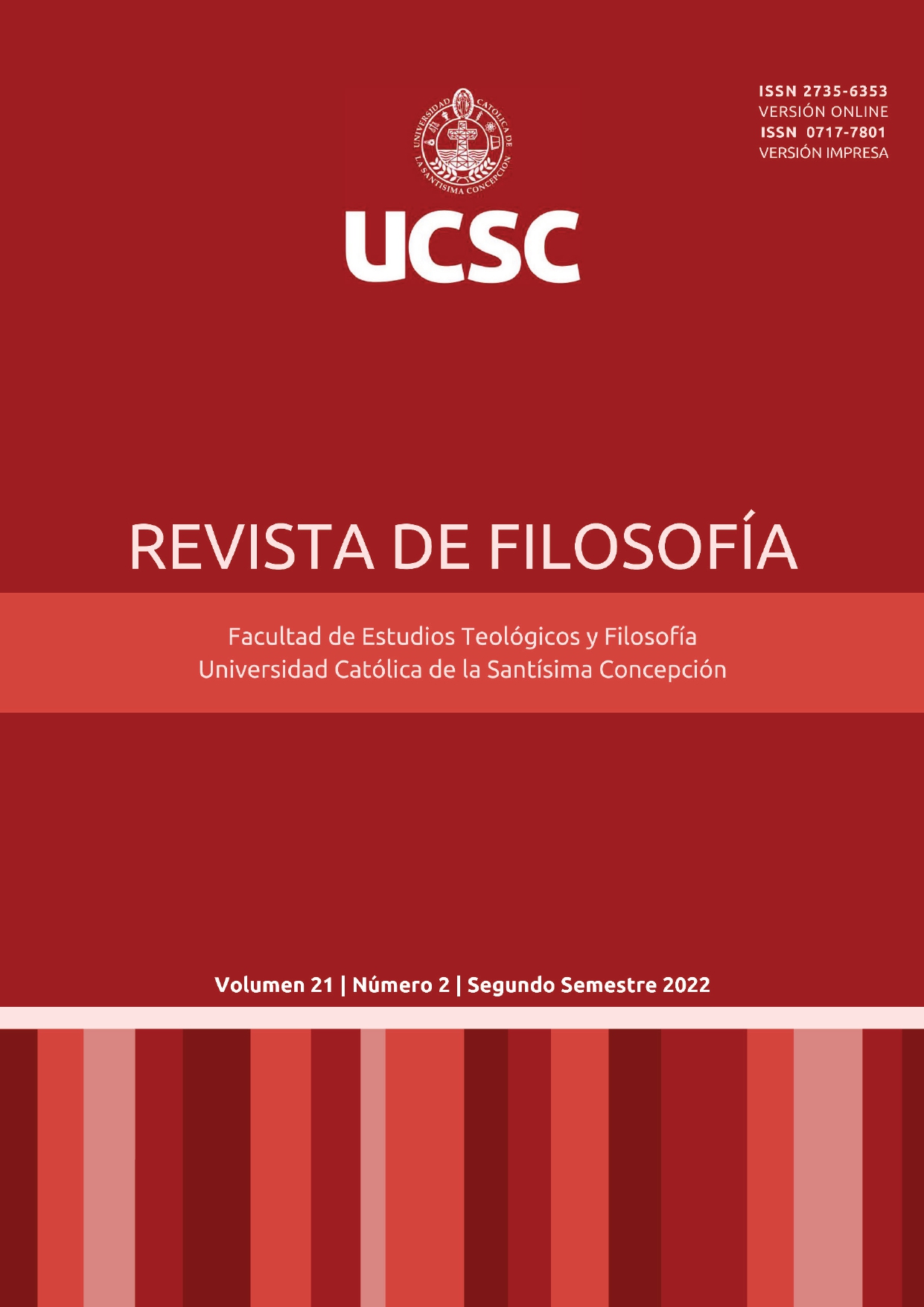Aristotle and abortion: a look at the principle of potentiality
Main Article Content
Abstract
Aristotle is one of the authors who, directly or indirectly, has contributed the most to contemporary discussion on various topics in bioethics. The issue of abortion stands out among them for its relevance and urgency. This article proposes an analysis of the so-called principle of potentiality, an argument that has been used both for and against the defense of the life of the unborn, addressing the readings that have been made of it, both by Christian philosophy and the current English actualist school. The aim of the article is to demonstrate, following the principles of Aristotelian ontology, that human life begins at fertilization.
Article Details
Section

This work is licensed under a Creative Commons Attribution-NonCommercial 4.0 International License.
The Revista de Filosofía UCSC is an open access journal and does not charge for publication. In addition, it regulates its Copyright and access policy according to the Creative Commons Attribution-NonCommercial 4.0 International Public License (CC BY-NC 4.0), therefore sharing (reproducing and distributing the material in any medium or format) and adaptation (modifying, transforming, and creating from the material) is allowed as long as proper credit is given and the citation is included with the corresponding data. Moreover, it is not allowed to use the material for commercial purposes.
How to Cite
References
Aristóteles (1983). Acerca del Alma. Madrid: Gredos.
_________(1992). Investigación sobre los animales. Madrid: Gredos.
_________ (1994). Metafísica. Madrid: Gredos.
_________ (1988). Política. Madrid: Gredos.
_________ (1994). Reproducción de los animales. Madrid: Gredos.




